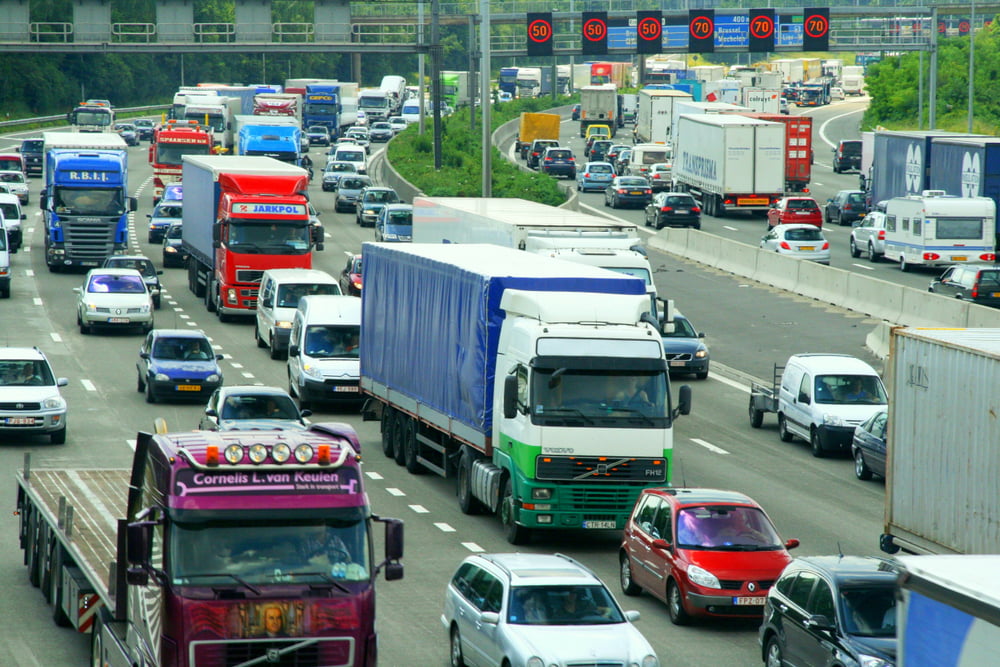With the elections in prospect, Touring is sounding the proverbial alarm bell. According to Danny Smagghe, spokesman for Touring, mobility problems are increasingly affecting our living environment and socio-economic development.
The OECD also calculated that the hours lost in traffic jams in Belgium represent an annual social cost of 1 to 2% of GDP. According to Transport & Mobility Leuven (TML), which conducts policy-supporting research, the cost of an hour lost in traffic jams is currently 8,25 euros for passenger cars and between 50 and 80 euros for freight transport. TML calculated that our annual cost for mobility will rise to 6 billion next year.
"Mobility is a federal issue. In fact, mobility does not stop at our national borders. Mobility requires a European approach to make it possible to standardize as many measures as possible between different Member States."
Danny Smagghes
Smagghe knows that one of the most important challenges of the century is to reduce the polluting emissions of CO2 and NoX. According to Touring, this can be done in different ways. Such as, for example, fiscal incentives for environmentally friendly (shared) cars and encouraging travel by foot, bicycle, motorcycle or public transport. The road infrastructure also needs to be worked on, because the smooth flow of traffic is essential for limiting emissions per kilometer driven. He has already mentioned the intelligent kilometer charge, but carpooling and car sharing could also be fiscally stimulated.

Touring's spokesman endorses that the development of applications that help road users to plan, 'reserve' and carry out their journey with the most preferred modes can also be supported by governments. The many startups that develop applications can certainly use any support, including financial. Touring itself sets an example here by developing and implementing the MaaS concept, an excellent tool for urban travel. The legislator must then ensure that data is made available and can be shared. This requires greater cooperation in the digital field, with all transport providers and also between the different political levels.
In short, Touring is convinced that mobility is a basic right for every citizen. The starting point: the free movement of people in the way and with the means of their choice or a combination of these means in a system of multi-/co-modality. In short, as a mobility organization they represent every road user and see it as a duty to propose measures in the field of road safety, mobility, quality of life, taxation and behavioral change.


